When you find yourself collecting your neighbours’ left-over home grown produce so you can make pickles and preserves in an effort to save them from the bin – you know food is your thing.
Alex Elliott-Howery has channelled her love of the kitchen into a café and cooking school along with a series of cookbooks, the most recent being ‘The Food Savers A-Z’.
Within those pages, you’ll not only learn traditional methods to create fabulous food, but you’ll also master how to use up all those bits and pieces left in the fridge. Think brown avocado, limp cauliflower, and bruised beans. To gain some insight into her food waste hacks, the owner of Cornersmith herself has offered to share some of her top tips.
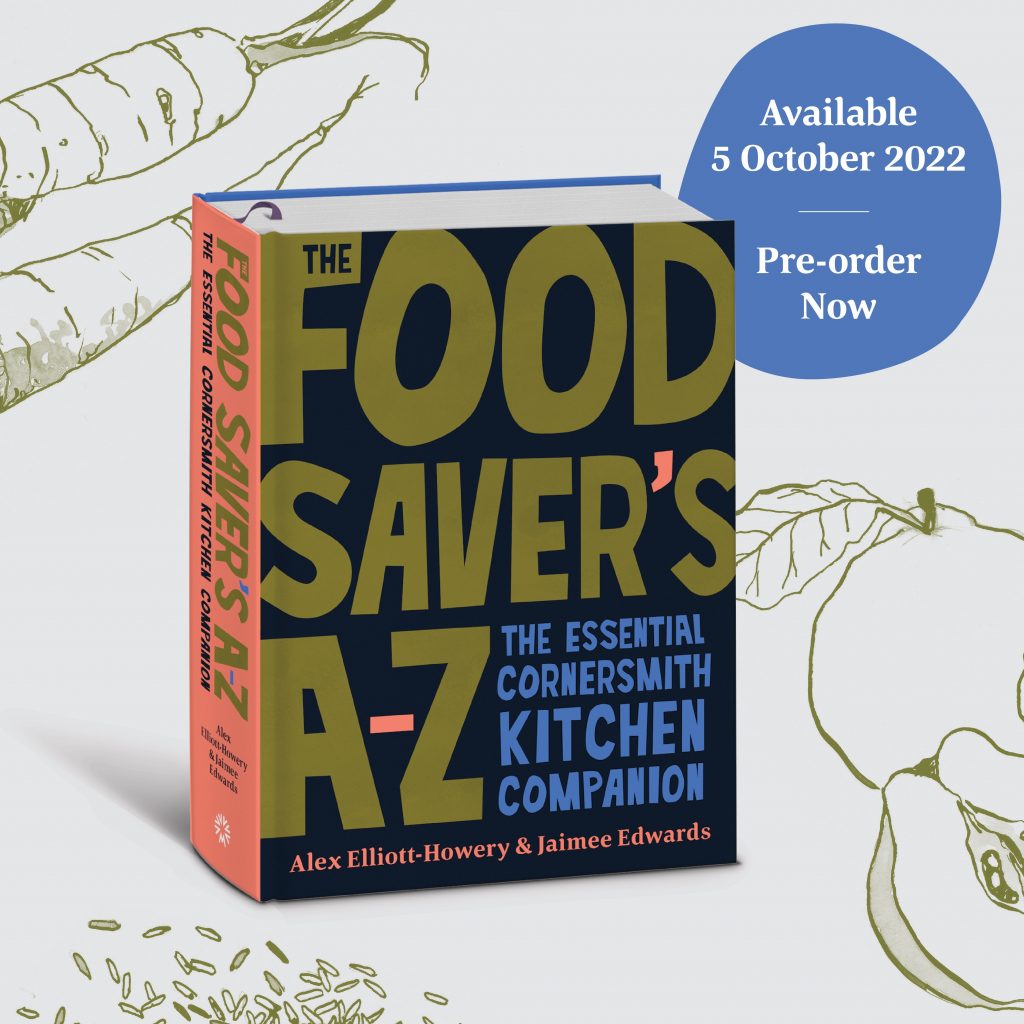
Alex and her husband James started the business a decade ago with a strong ethos around sustainability. Alex describes herself as an enthusiastic home-cook, while James has always had a background in hospitality. Between them, they have built an endearing community of like-minded people through their cafe at Marrickville in Sydney’s inner-west.
Waste hacks
“We just thought, imagine if we created the place that we really want to go to,” Alex describes. When the shop opened, customers were encouraged to bring in their excess home-grown produce to be turned into pickles and preserves.
It was about raising awareness of issues around our food culture and also bringing people together.
“It was about knowing where your food comes from. It was about seasonality. It was about raising awareness of issues around our food culture and also bringing people together.”
For those not local to Sydney, Alex has put a lot of her tips onto paper after seeing a desire from the public to learn some skills-based cooking. Her fourth and most recent booked co-authored with Jaimee Edwards is ‘The Food Savers A-Z’. The premise is for those of us with produce in our fridges that’s looking a little sad, you look up the item in the book and find scores of ways to use it up.
“So you say go to B for Broccoli and there’s just a million ideas of what you can do. Whether it’s looking fresh, or you only have a tiny bit left or it’s really old and wrinkly – we give you the answers,” she explains.
By following Cornersmith on Instagram, Alex and Jaimee also offer a ‘Waste Hack Wednesday’ cooking tip every week. For an issue that can be quite heavy, be prepared to have a laugh.
Removing the burden
“It’s so silly, so I apologise in advance, it’s like slapstick humour. It can be a really dry topic and it often falls onto the cook of the house, and i’ll put it out there, that’s predominantly women. I don’t want to put any more work and responsibility onto people who are already tired and drained. We’re trying to bring the ease and fun and that it’s quite satisfying to use stuff up,” Alex says.
I don’t want to put any more work and responsibility onto people who are already tired and drained.
Expect the unexpected with some of the ideas. Forget banana bread. Try banana jam, banana ketchup or sundaes. Lots of green sauces for the leftover herbs. Turning half packets of pantry staples into muesli bars. The list goes on.
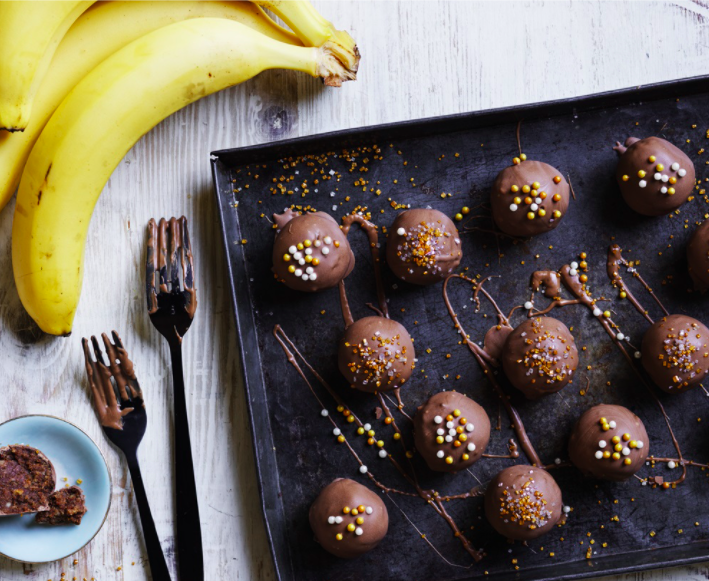
“Jaimee and I are busy working mums. We get home at 5 or 6 o’clock and we need to get a meal on the table. We want the lunch boxes to be as good as they can be. So, we’ve really lived it. We’re not coming from the chef experience,” Alex shares.
The National Farmers’ Federation has a goal to halve food waste by 2030 and Alex believes our relationship with farmers is integral to making this work. She says even the term ‘waste’ could be problematic because it connotes the idea that there’s something wrong with that wonky apple that goes into the seconds bin or the cauliflower leaves that are entirely edible.
I can’t throw that away. Someone worked so hard to grow this.
“A connection to farmers made me start to think about food waste in a different way. Early on, when we started, we worked very closely with farmers directly. Once I started meeting people and understanding the impact of the weather for example on crops and their livelihood, I was like, I can’t throw that away. Someone worked so hard to grow this,” says Alex.
“Food is expensive right now but it’s also cheap enough that we can throw it away, if you’re lucky enough to be in that position.”
Thinking critically
Alex’s aim is that from commercial to home kitchens, we learn to value the food we have purchased.
“It’s so easy to call Uber Eats in the city but we need more skills in our kitchens. Not so we can be in there the whole time and bottling apricots for our whole lives but so that we can do our part,” she says.
Food is expensive right now but it’s also cheap enough that we can throw it away, if you’re lucky enough to be in that position.
Alex also encourages people to think critically about use-by and best-before dates.
“We’ve forgotten how to trust our instincts and we trust this sticker that’s on the back of something. In all my cooking classes, I’m really big on getting people to smell stuff, to listen to something, to engage and taste things and make an informed decision. I reckon our grandmothers and great-grandmothers were not throwing away things because there was a best-before written on there. I reckon they knew.”
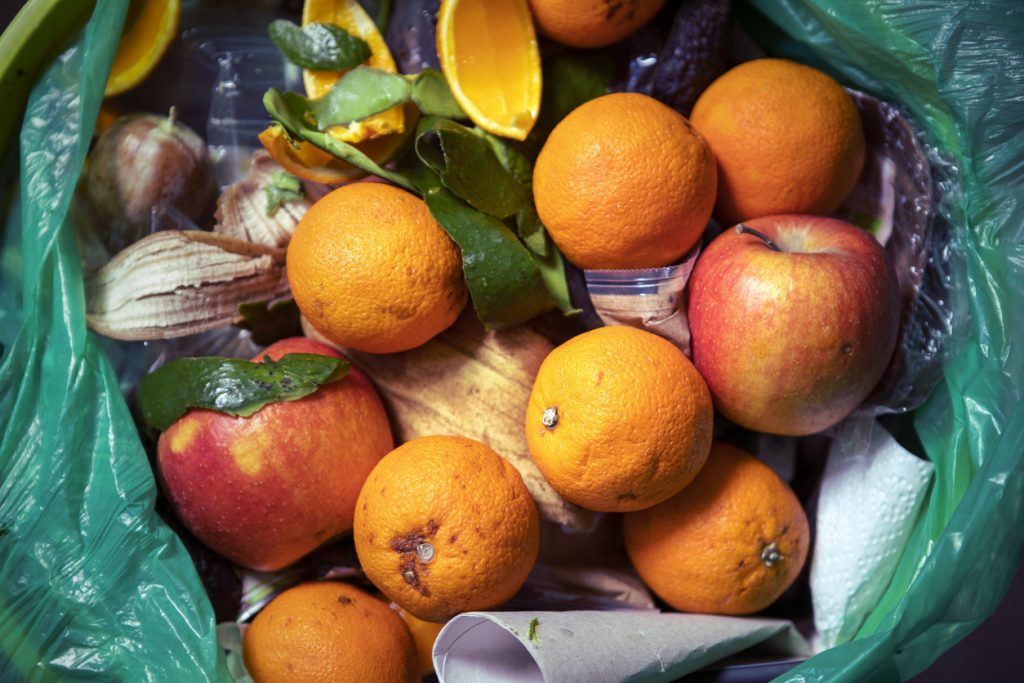
Things to avoid
If you’re interested in making some changes in your own home, here are some of the common traps many of us fall into:
- We buy too much food. Think realistically about how many nights of the week you are going to cook.
- Only buy types of food that will get eaten. You might love for everyone in the house to eat two pieces of fruit a day, but if they tend not to, stop buying it.
- Know how to store fruit and vegetables to prolong life. Wrapping up kale in a slightly damp towel and popping it in a bag in the fridge will buy you a couple of weeks to use it.
- Focus on the food, then recipes. So, if you open the fridge and see a whole cauliflower, think about how to use it over several meals. Skill-based cooking.
Hear more stories just like Alex’s by subscribing to the Telling Our Story podcast on iTunes and follow podcast host Angie Asimus on Instagram for more updates.


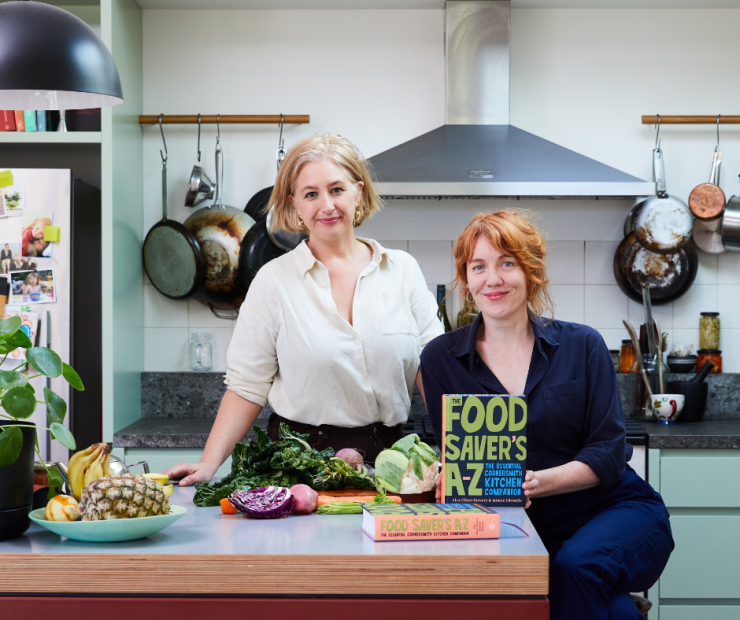


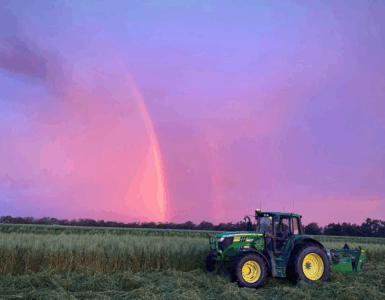
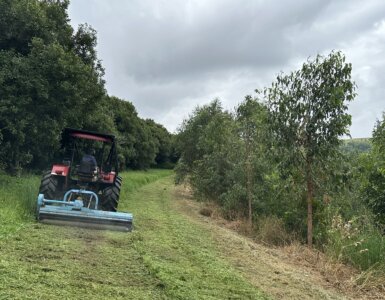
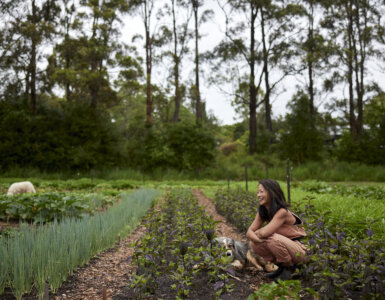































Add comment